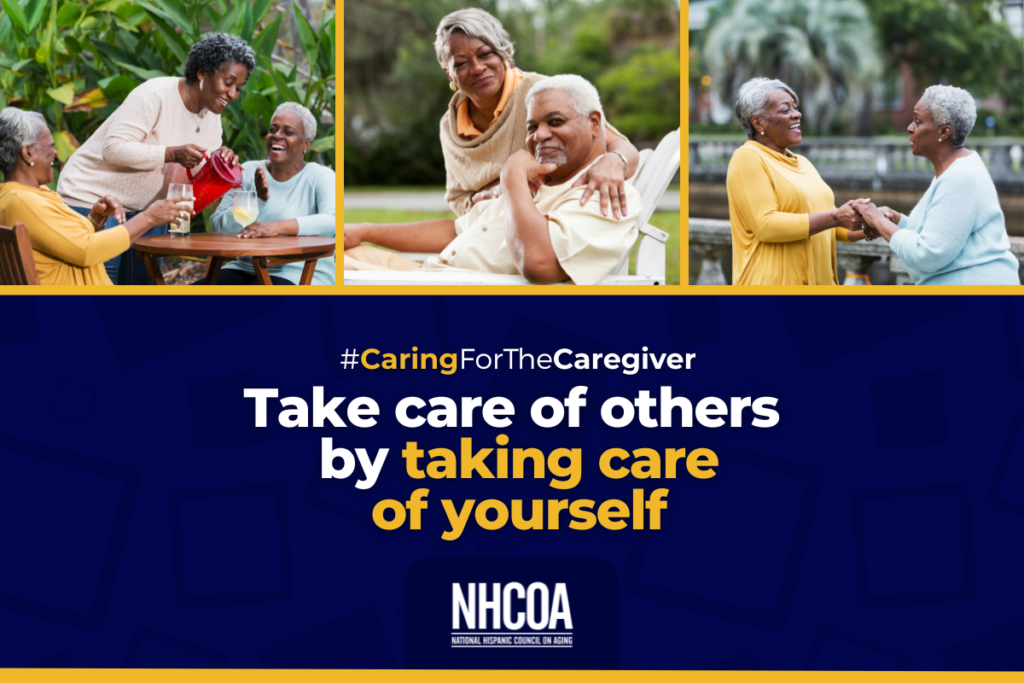
Do you know the phrase “if you can’t love yourself you can’t love someone else?” This phrase is especially relevant when it comes to caregiving. When you take care of your physical, mental and/or emotional health, you are able to provide exceptional care to those you care for.
It is not hard to remember the times when a cold, a headache, or an argument at home has prevented us from taking care of someone’s well-being in the best possible way. The brain needs to adjust, and the more things we have on our minds, the easier it is to suffer from absent-mindedness and forgetfulness. In the particular case of a caregiver, forgetting things can be very serious.
It is hard to recognize and accept the advice to take care of yourself as a caregiver. It is often difficult to look beyond the caregiving tasks that await you each morning and subsequently forget about self-care. The reluctance to ask for and accept help is a major barrier to obtaining the respite and support needed in maintaining good health. You need to work on yourself if you want to offer your best to your loved ones.
NHCOA offers some tips to help you take care of yourself, increase your confidence and assist you in performing your caregiving duties. Consider the ones that can work for you and turn to them when you have complications or hesitation along the way.
- Have a support system: Your friends and family will always be willing to support you if you need a break to talk, take a walk, or discuss a book. Religion is also a strong source of support for these moments of stress and frustration.
- Be clear that there is no such thing as a “perfect caregiver.” Remember, you are not being selfish by thinking about your needs and feelings. It is important to work on the guilt that we create by constantly making demands on ourselves or due to frustration or fatigue, as well as addressing the guilt that comes from external commentary.
- Establish boundaries: Learn to ask for help. Boundaries exist to let us know at what point we can ask for help and how much we can give of ourselves for others. We can learn to say “no” to demands that are draining. You can still make decisions about your life, what is right for you and recognize that you are still in control of your life.
- Learn as much as you can about your care recipient’s condition so you can understand what is happening. Learn caregiving tricks to make it easier for you. You can’t know everything and there is value in training yourself to do a good job. Get in touch with someone who can help you connect with and use community resources.
- Don’t neglect sleep: Burnout is a major problem for caregivers, leading to irritability and then inappropriate anger which then leads to even more guilt. Not getting enough sleep is one of the major causes of stress and burnout in caregivers. You can assess yourself to understand the limits of your own endurance and strength. Make sure you have regular checkups and have those “little worries” about your health examined. Exercise is even more important, as it gives you a break, fights depression, and helps you maintain your health.
- Support groups: Attend a workshop or support group, not only to get emotional support but also to release concerns and meet people who are going through the same situation. They can help you with strategies that have worked for them to cope with any hardships. In addition, it is an opportunity to create a support network that you can turn to on a daily basis.
One of the main concerns of caregivers is often “what will happen to my loved one if something happens to me?” We must be aware that worrying doesn’t help or fix anything. Taking better care of your health does and your loved one will thank you for it.

Recent Comments